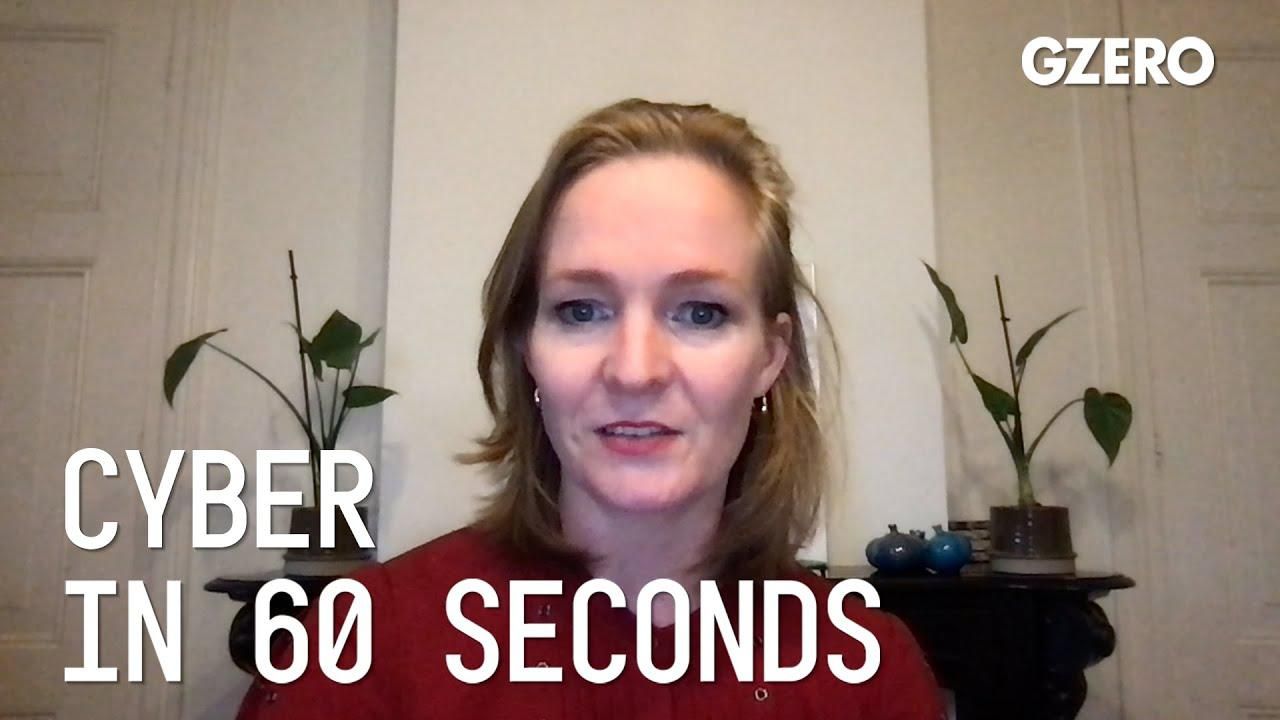Cyber in 60 Seconds
How will the global corporate tax deal impact tech companies?

Will Tech Companies Embrace the Global Corporate Tax Deal? | Cyber In :60 | GZERO Media

Marietje Schaake, International Policy Director at Stanford's Cyber Policy Center, Eurasia Group senior advisor and former MEP, discusses trends in big tech, privacy protection and cyberspace:
Will the OECD-brokered global corporate tax deal make a difference?
Well, it should, at least in two years, once it is adopted by the 136 countries that have now agreed to it. Once enforced, a minimum contribution would see approximately $125 billion flowing to public purses where it doesn't today. It would make it harder for countries to be tax havens or to be part of this race to the bottom when it comes to tax rates. It puts a limit on competition between countries but that is still possible. Now, public scrutiny over the corporate sector has intensified over the past years and with a whole host of issues like health care, climate change, and infrastructure begging for better solutions, there is a need for fair taxation that is widely supported, both publicly and now also politically.
Will tech companies finally start paying their fair share?
Well, they would be part of this treaty once it is in place, but in the meantime, there is actually a two-year ban on tax levies. The US negotiated that because if you recall, there were French proposals to tax US tech giants over their European income and profits and those almost led to a trade war between the two allies. So, most likely this OECD tax treaty will go over much more smoothly. Already, the historic agreement by the OECD and G20 countries is a much-needed sign of hope.
Xi Jinping has spent three years gutting his own military leadership. Five of the seven members of the Central Military Commission – China's supreme military authority – have been purged since 2023, all of whom were handpicked by Xi himself back in 2022.
In this episode of GZERO Europe, Carl Bildt examines how an eventful week in Davos further strained transatlantic relations and reignited tensions over Greenland.
In this episode of "ask ian," Ian Bremmer breaks down the growing rift between the US and Canada, calling it “permanent damage” to one of the world’s closest alliances.
For China, hitting its annual growth target is as much a political victory as an economic one. It is proof that Beijing can weather slowing global demand, a slumping housing sector, and mounting pressure from Washington.